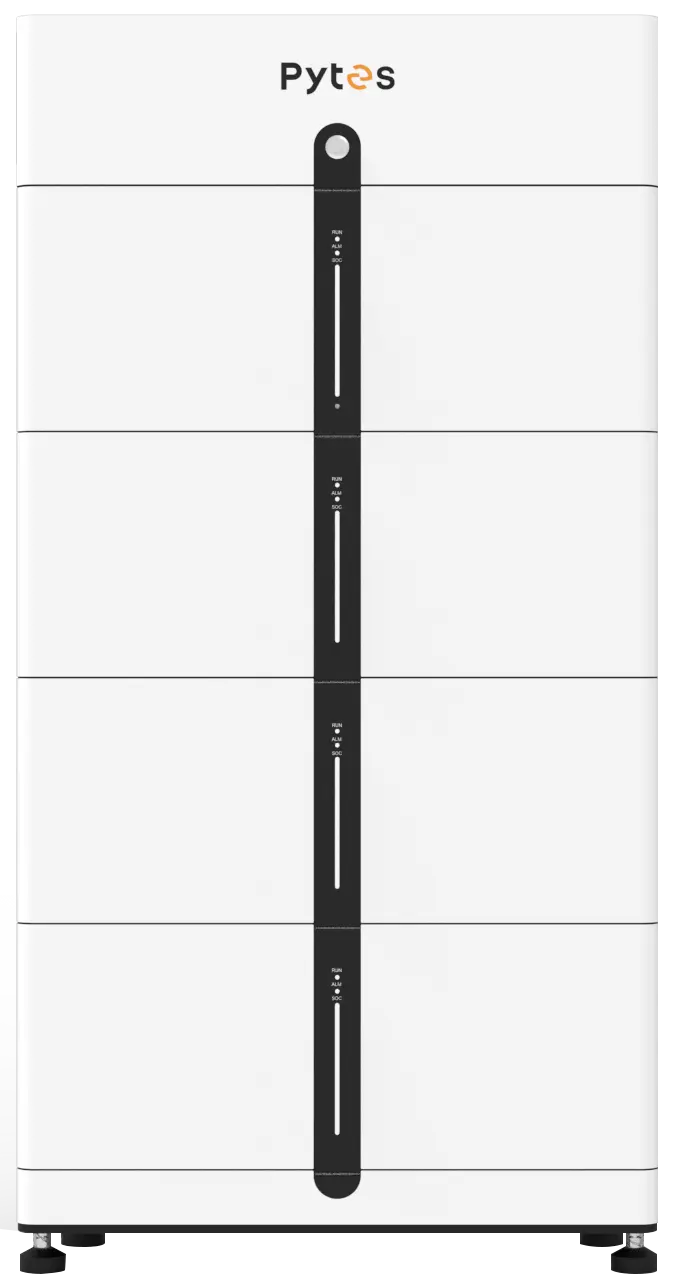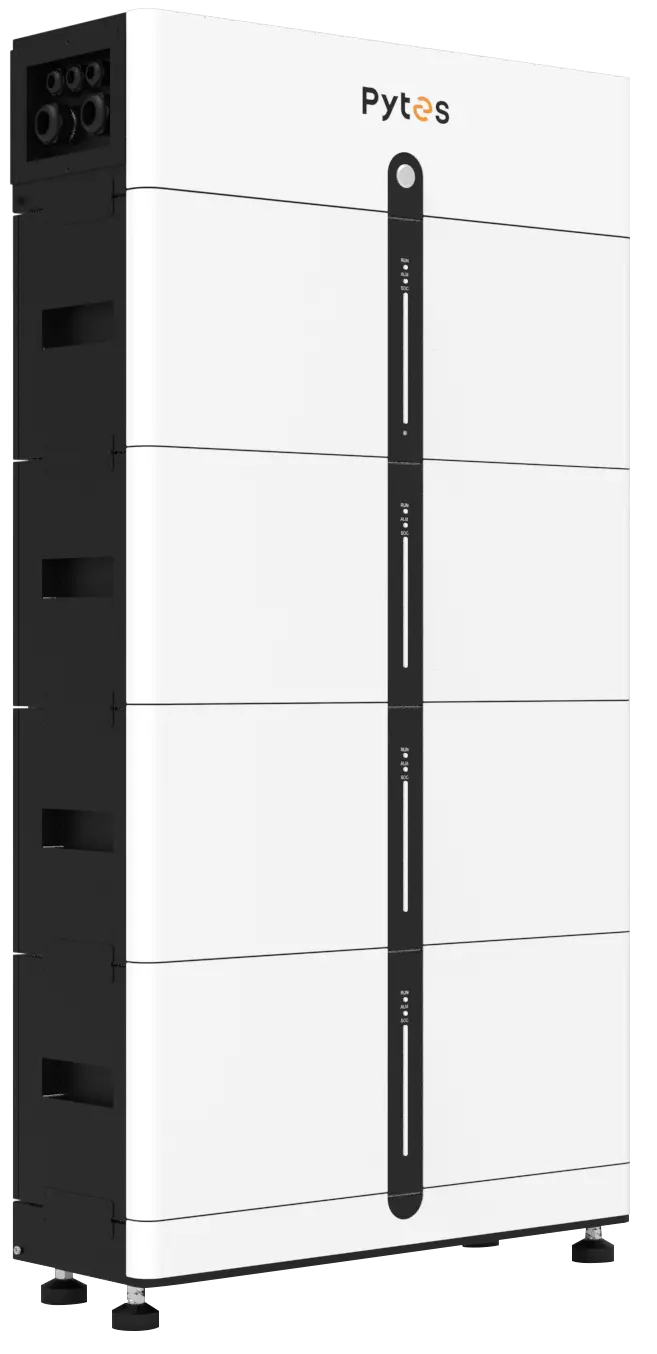If you live in California, you might want to add battery storage to your home for a number of reasons. Many Californians are experiencing public safety power shutoffs (PSPS), which occur whenever utility companies believe weather may cause damage to grid infrastructure that could spark wildfires. For others, the biggest concern is the high cost of electricity during evening peak hours with time-of-use rate plans.
The latest reason you might need batteries is California's new NEM 3 rules, under which people will need batteries to get the full value from the energy produced by their solar panels.
Californians are in luck when it comes to choosing solar batteries for their homes. The state offers huge rebates through the Self-Generation Incentive Program (SGIP), which provides rebates on the purchase of battery storage systems and provides additional incentives for people who live in low-income communities and areas with more frequent PSPS.
If you have been considering purchasing a solar panel system with energy storage or adding batteries to your existing solar system, Pytes will guide you through the fundamentals, examining your existing electrical system and evaluating your requirements to create a tailored solution that suits your home.
Understanding Solar Batteries and Their Benefits
Before delving into the specifics, it is essential to understand the role of solar batteries in a solar power system. Solar batteries store excess energy generated by solar panels during the day, allowing homeowners to use that energy during times when the panels are not producing electricity, such as at night or during cloudy days. This stored energy can also be used as a backup power source in case of grid outages.

The Number of Solar Batteries Needed Depends on Several Factors
1.Energy Usage
The first factor to consider is your household's energy usage. Start by analyzing your electricity bills to determine your average daily energy consumption in kilowatt-hours (kWh). This information will help you estimate the size of the solar system required to meet your energy needs. It is crucial to note that the more energy you consume, the more solar panels and batteries you will need to generate and store enough electricity.
2.Backup Power Requirements
Another significant factor to consider is your backup power requirements. If you live in an area prone to blackouts or grid instabilities, having a solar battery system that can provide backup power when the grid goes down may be a priority for you. In such cases, you will need to calculate how many kilowatt-hours of backup power you need to ensure your essential appliances and devices can function during outages.
3.Battery Capacity
The capacity of solar batteries is measured in kilowatt-hours (kWh) and refers to the amount of energy they can store. Battery capacity determines how long you can power your home solely using the stored energy from the batteries. To calculate the number of batteries you need, divide your daily energy consumption by the battery capacity.
For instance, if your daily energy consumption is 30 kWh and you have a battery with a capacity of 10 kWh, you would need three batteries to power your home for an entire day. However, keep in mind that batteries are not usually fully discharged to preserve their lifespan. So, you might need extra batteries to ensure you have enough backup power.
4.Financial Considerations
While the number of solar batteries needed primarily depends on energy usage and backup requirements, financial considerations also play a crucial role. Solar batteries can be a significant investment, and the cost increases with each additional battery. Therefore, it is essential to strike a balance between your energy needs and your available budget. Consulting with a reputable solar installation company like Pytes can help you find the optimal solution that fits your needs and budget.
5.System Scalability
Lastly, consider the scalability of your solar battery system. Your energy needs may change over time, and it is essential to choose a system that allows for future expansion or addition of batteries. Opting for a modular battery system gives you the flexibility to increase your storage capacity as needed, ensuring your solar system can adapt to your changing energy requirements.
Intoducing Pytes Pi LV1
Pytes, a leading solar battery manufacturer, offers the Pi LV1, a compact and easy-to-install solution designed for limited installation space. This innovative battery system allows you to expand your backup power capacity to a maximum of 30.72 kWh simply by stacking batteries together. The Pi LV1 provides powerful output, achieving 14.08 kW continuous output and 25.6 kW surge output by stacking up to 6 modules. This not only improves energy efficiency but also helps save on electricity bills.
1.Scalable on Demand
The modular design of the Pi LV1 enables flexible configuration based on demand. Each stack's capacity can range from 10.24 to 30.72 kWh, providing a versatile and scalable energy storage solution. With the capability to extend the system to a total of 122.88 kWh, the Pi LV1 ensures you have enough storage capacity to meet your energy needs now and in the future.
2.Smart Monitoring and Control
Pytes' specialized Smart Monitor effortlessly achieves real-time operation monitoring of the Pi LV1 system. This allows for seamless remote upgrades and minimizes subsequent after-sales issues. With the Smart Monitor, you can stay informed about your energy usage and battery performance, ensuring efficient and reliable operation of your solar battery system.
3.Outdoor Rated Enclosure
Equipped with an IPSS protection level, the Pi LV1 is designed to withstand various weather conditions. It provides high-strength waterproof and dustproof features suitable for both indoor and outdoor use, catering to diverse application scenarios. Whether you install the Pi LV1 indoors or outdoors, you can rely on its robust construction to protect yoursolar battery system from the elements and ensure its longevity.

Conclusion
Determining the number of solar cells required in California requires consideration of various factors such as energy use, backup power requirements, battery capacity, financial considerations, and system scalability. If you live in California and need to upgrade or install batteries for your home backup power system, you are welcome to contact Pytes. Our technical team will provide you with professional advice to help you make informed decisions and optimize energy use.With Pytes' Pi LV1 solar battery system, you can enjoy the benefits of compact and easy installation, expandable backup power capacity, scalability based on demand, smart monitoring and control, and an outdoor-rated enclosure for versatile use. Embrace the power of the sun and embark on a journey towards sustainable and independent energy consumption in the sunny state of California with Pytes' Pi LV1 solar battery system.
Email:pytesusa@pytesgroup.com















